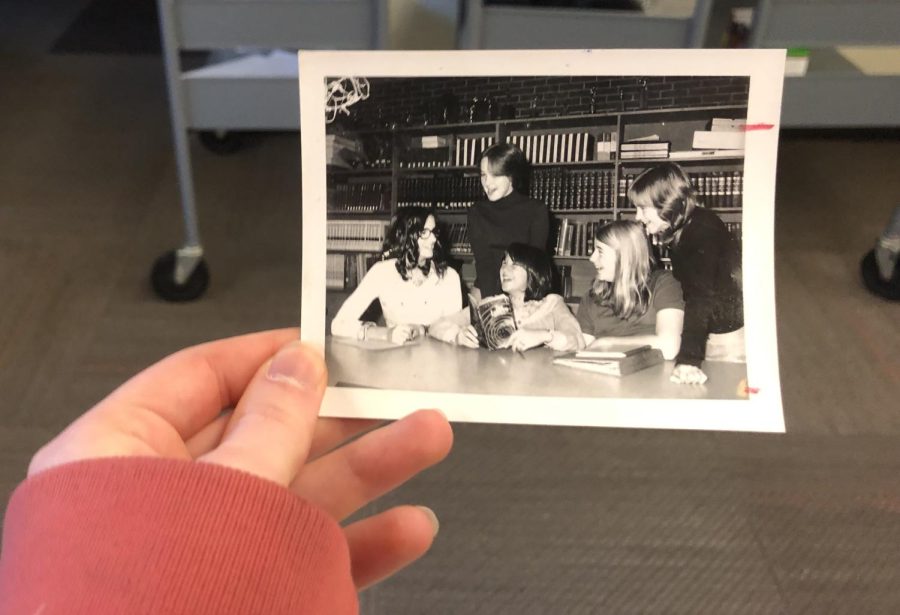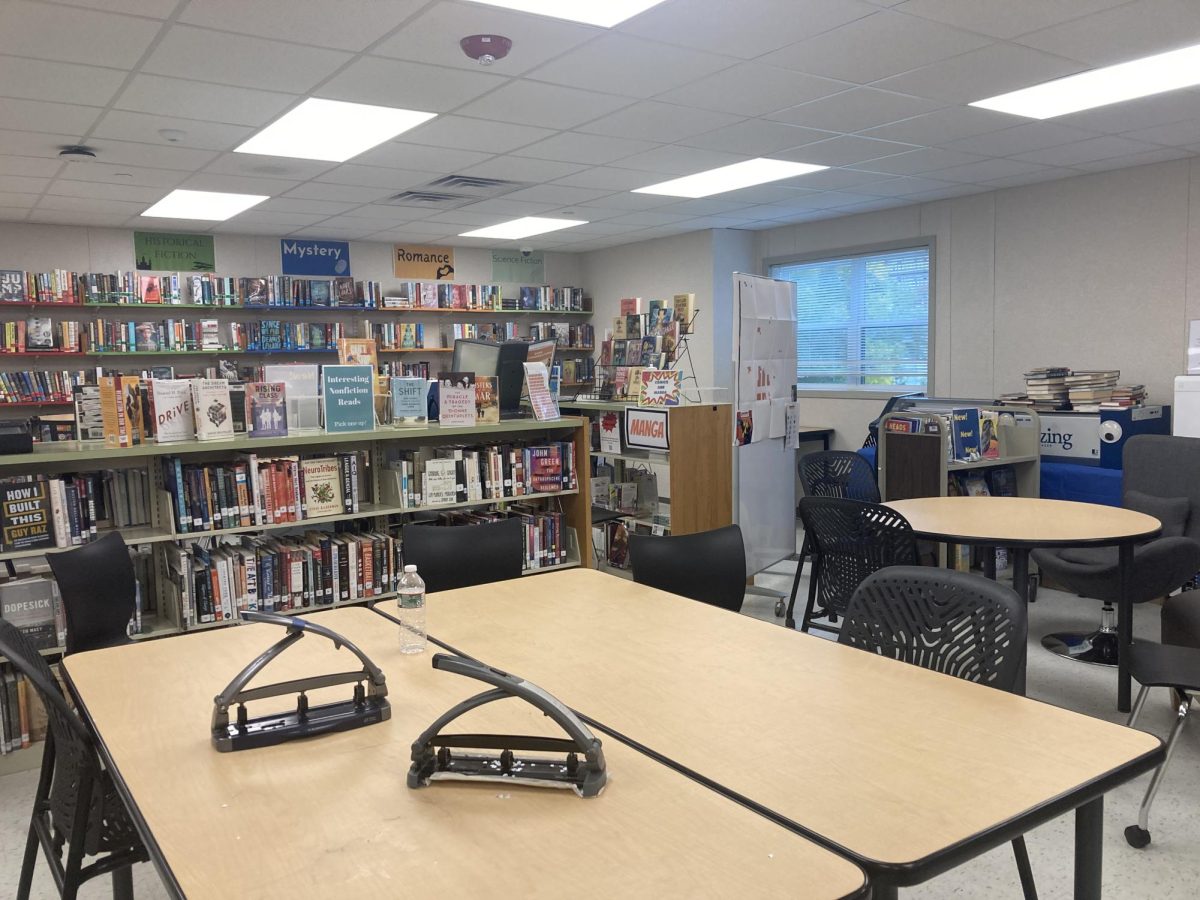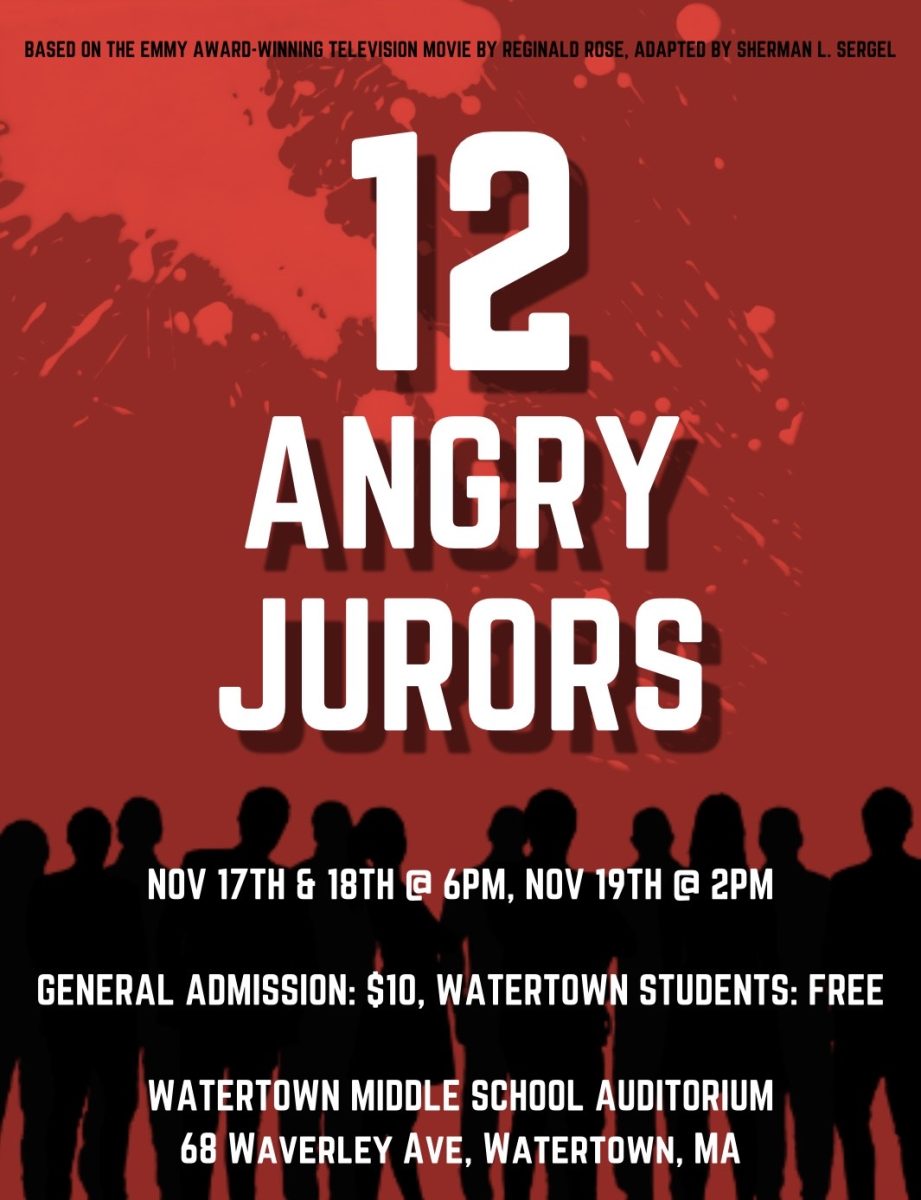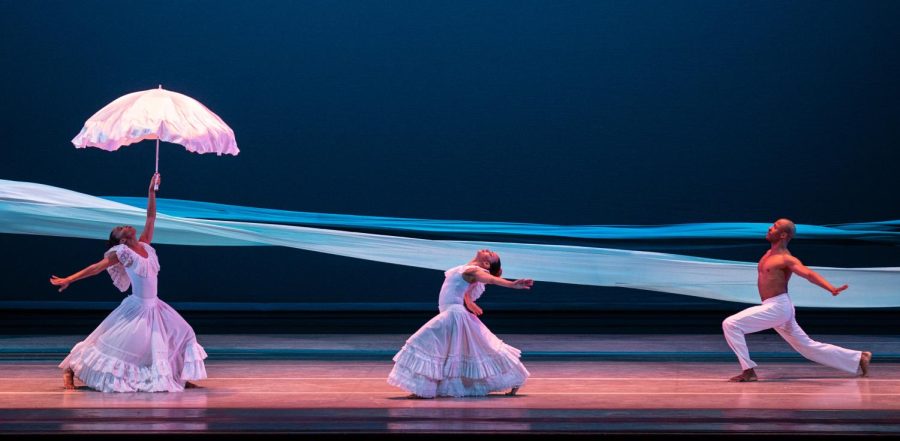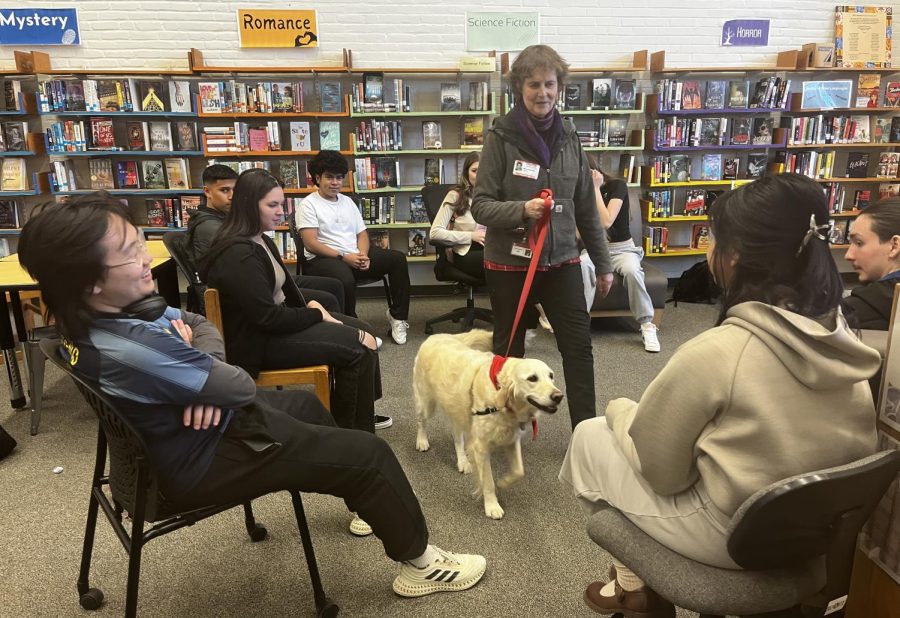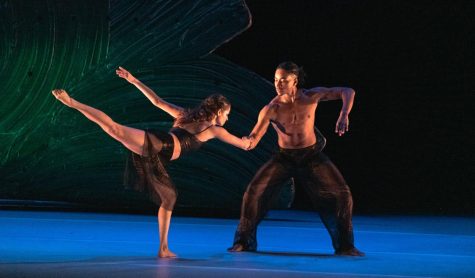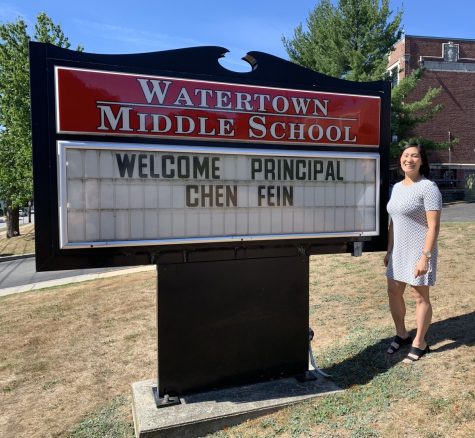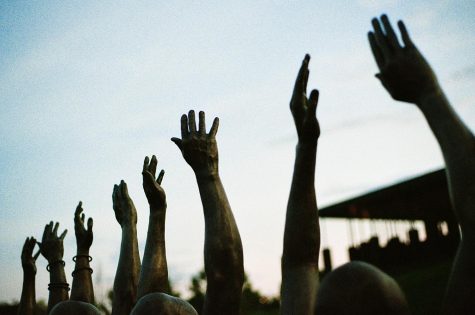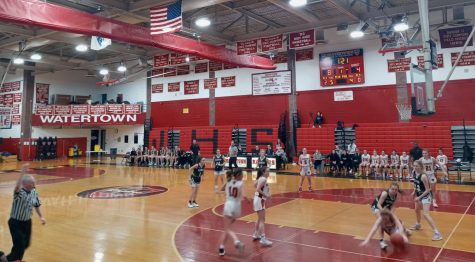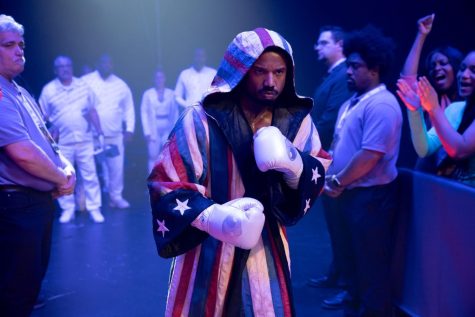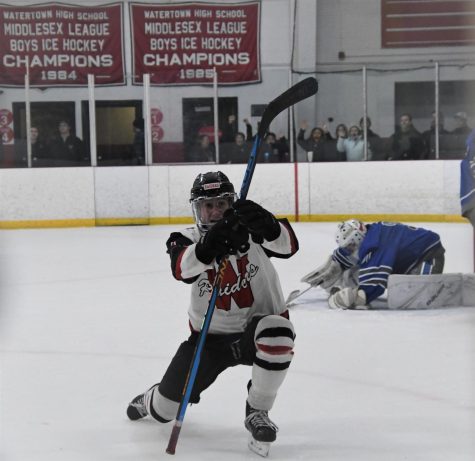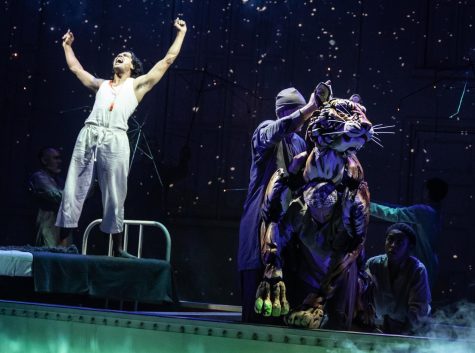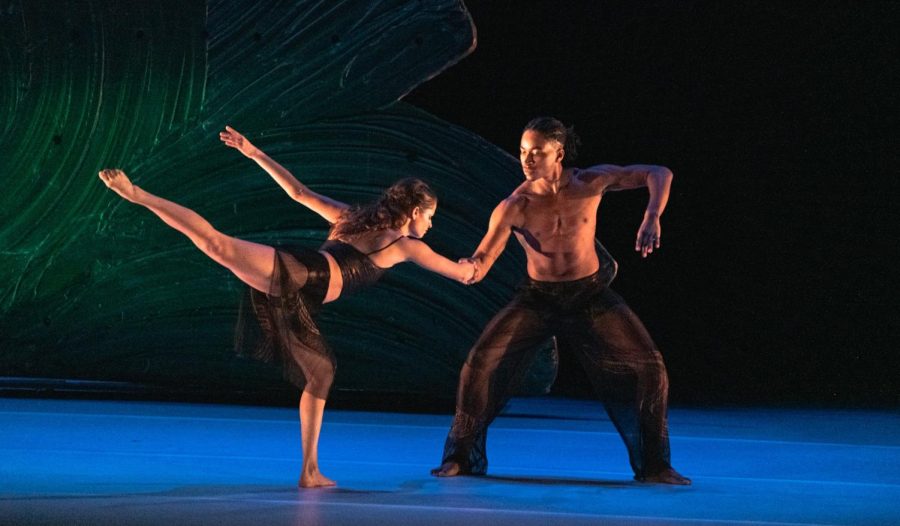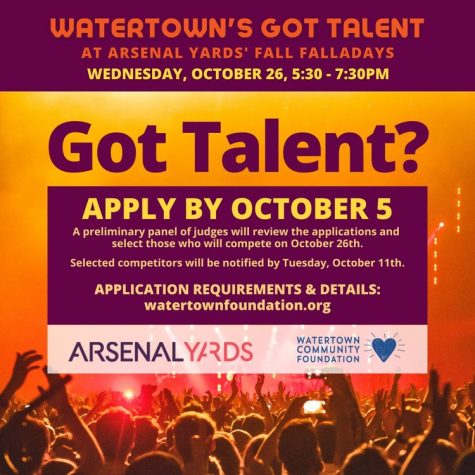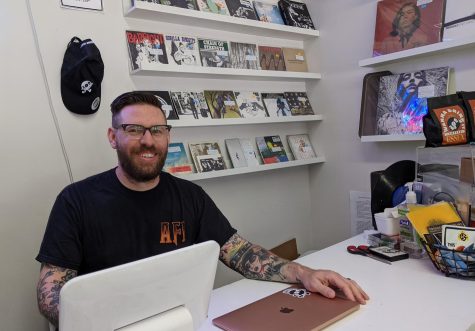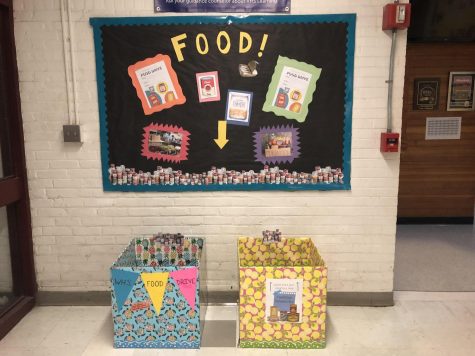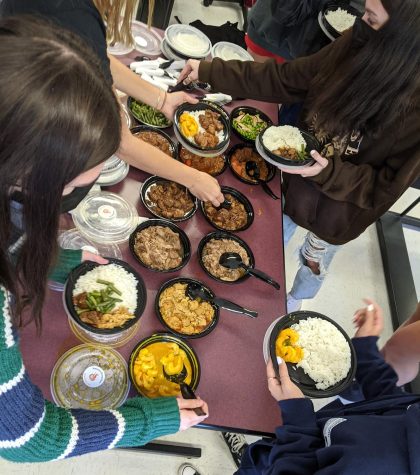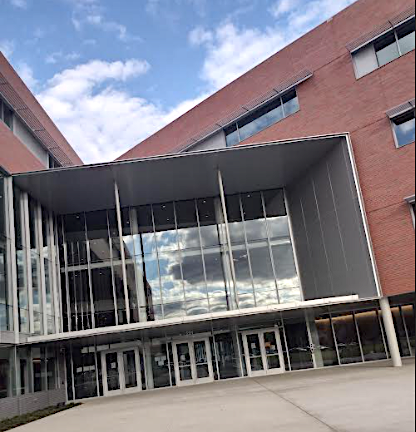Collective Memory Project at library is preserving Watertown’s history
Raider Times photo / Adelle Sheynkman
Sample photo used by the Watertown Free Public Library to visualize what kind of submissions it would want for the Collective Memory Project. This picture is taken around the 1970s.
March 27, 2022
The mission of the Collective Memory Project is to give every Watertown resident — not just stuffy old men — the chance to become a part of the town’s shared legacy.
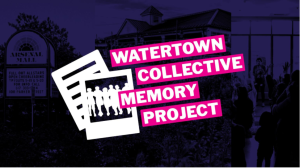
(Raider Times photo / Courtesy Watertown Free Public Library)
While the Watertown Public Library has always been a place full of important historical knowledge, the staff decided to take this one step further, and document this history themselves. This is how the concept for the collective memory project was conceived. The purpose of the project is to “show the human face of Watertown as it currently is,” as Marissa Monteiro, the outreach librarian at the library, said in an interview with the Raider Times. “The idea is to collect the data now that we want to be history later.”
“People have an idea of what’s historical, usually meaning old,” Caroline Littlewood, the head of the project, added. She explained that big events aren’t the only historical thing around us, but that history can be found in every moment.
“If you think of what’s historical, things come to mind, and that’s not necessarily the full breadth of what is history, and what is saved, as well. You only save things that you consider to be historical. And [this project] is about redefining that and saying things within your lifetime are historical,” she said. “Even if we’re not in a pandemic, history is happening now, and it’s important that we’re always collecting and preserving it.
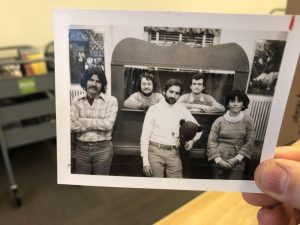
“We are inviting people to proactively bring us their own personal family photos, school or cultural group photos that say, ‘This is where I shop in Watertown,’ or, ‘This is where I grew up in Watertown.’ ‘This is the place I used to work in Watertown that no longer exists.’ ”
They hope for the project to continue throughout 2022, through planned Digitization Days. The next will take place on June 12, with more events expected to be scheduled. All the library needs is people to show up with snapshots of captured moments.
On those days, stations will be set up: one where you will fill out a form asking basic information and why the photos you brought in are significant to you and your history. A second station will be manned by volunteers and have the actual scanner to digitize your photos.
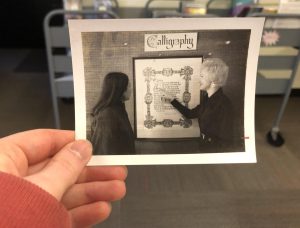
“The best way to think of [the submissions you can turn in] is ‘within your lifetime’ That will be different for every person — my lifetime spans back a certain number of years, but my grandmother’s lifetime would span back much longer. But all of that counts. As long as you bring in a photo from your lifetime then it’s recent history.”
There is a limit to what you can bring, however, with submissions capped at three photos, to encourage participants to consider which photos are the most meaningful to them.
The project inherently relies heavily on community and would be nothing without a large number of people getting involved. The pictures themselves matter, but without people to bring them and have them scanned, the Project wouldn’t work.
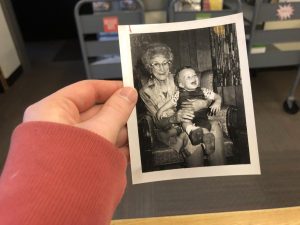
The two talked about how unreliable saving data is, and how much of recent history we’ve already lost: “[Have you] ever tried to open an old file and you can’t open it anymore? [This project] is about that, too, because those things will get lost,” added Caroline. “The way we record information is always changing, and you have to keep up with it or else it gets lost. And the latest change is digitization.”
In addition to needing attendees to bring in images, the Collective Memory Project also needs school volunteers to help organize the events and the process of scanning.
“Digitization days are going to happen in lots of places,” Caroline added, “and they’re going to happen over the next year or so. If [volunteers] can’t make the ones that are on the calendar right now, there will be plenty more.”
(For more information, visit the Collective Memory Project site at www.watertownlib.org/633/Collective-Memory-Project, or call 617-972-6431.)
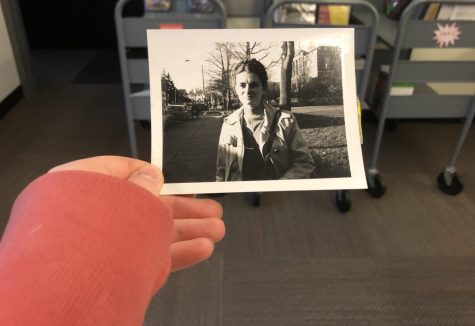
–March 27, 2022–
